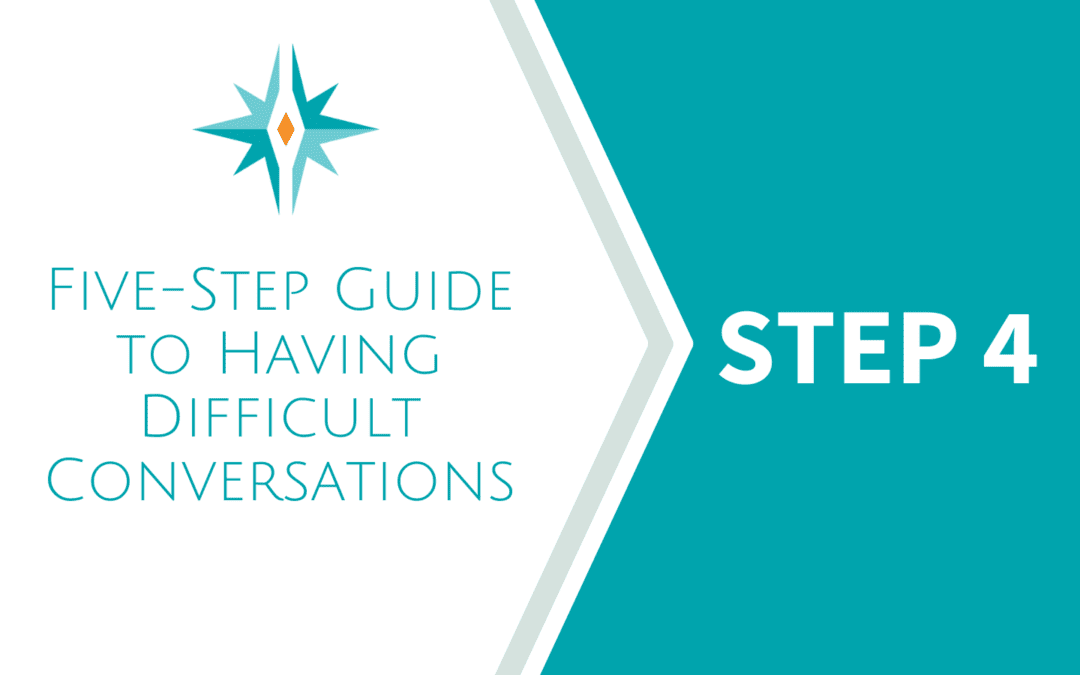Step Four: Don’t Be Sorry
Now that you’ve learned the first three steps:
- Upack the fear
- Discern between fear fact and fear fiction
- Do your Job
Let’s talk about apologizing. Because we do it way too much.
There’s no reason to apologize for being open and honest, unless addressing something you’ve done wrong. If you’re choosing to be transparent about something you feel is worthy of that effort, there’s nothing to be sorry for. Apologizing can become a crutch, a knee-jerk action used to rid ourselves of guilt or shame, even when there’s nothing to feel guilty or shameful about. Besides, constant apologizing only dilutes the meaning of any one apology.
Paying attention to how often you apologize can be an enlightening and sobering experience. Do it for one day and see what you learn about yourself. You might discover that you apologize as a knee-jerk response without even realizing it.
One of my favorite examples of this occurred during a physical therapy session I had a few years ago. I couldn’t help but notice that the therapist at the next table–who I knew and had worked with before– kept apologizing every time she pulled, stretched, or otherwise manipulated her patient’s limbs. The patient politely said, “no worries,” every time. I took the opportunity to ask, “Why are you apologizing for doing your job?” While my question triggered a round of good-natured laughs, the therapist responded in earnest: “I’m not sure why I do that. It’s a force of habit, but I’d like to stop.”
If you’re having a difficult conversation with a colleague, stakeholder or manager, and feel compelled to apologize for your feelings, ask yourself these questions before you do:
- Am I doing something wrong?
- Am I expressing myself with respect, kindness and compassion?
If you answer “no” to the first question and “yes” to the second, then an apology is not required. If you’re sensing tension or hostility in the discussion, there are plenty of other ways to express respect and support.
Here are a few examples:
- “Your voice sounds tense. Would you like to return to this discussion at another time?”
- “I hope you know that I asked for this meeting because I think the discussion is important and I always strive for honesty in my relationships.”
- “I’d like to know how you’re feeling about this discussion and hear how you’re processing what I’m saying.”
Practice: Notice how many times you apologize during a day and under what circumstances, tracking any differences in your approach to social, professional or family situations. In each instance, run through the above questions to gauge what’s behind the apology and whether you could have chosen a different way to address the dynamic.
If you’d like to schedule a discovery call to discuss how I can help you or your team, click here.


Recent Comments